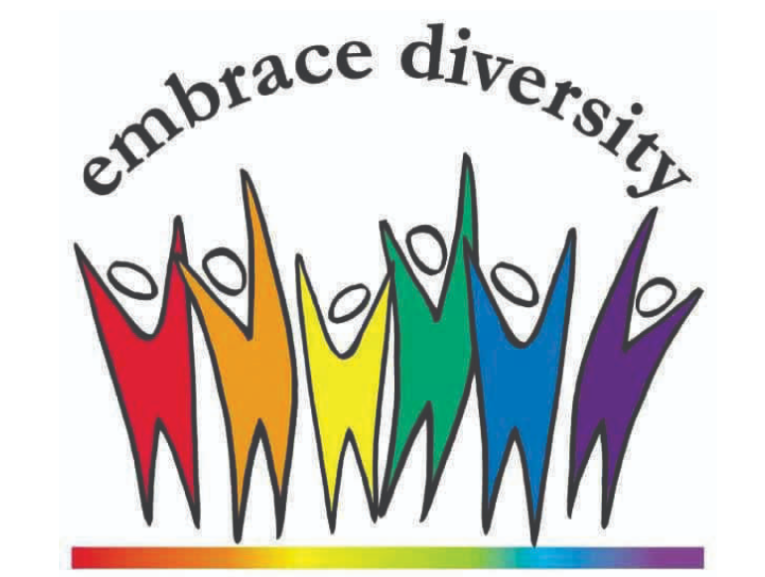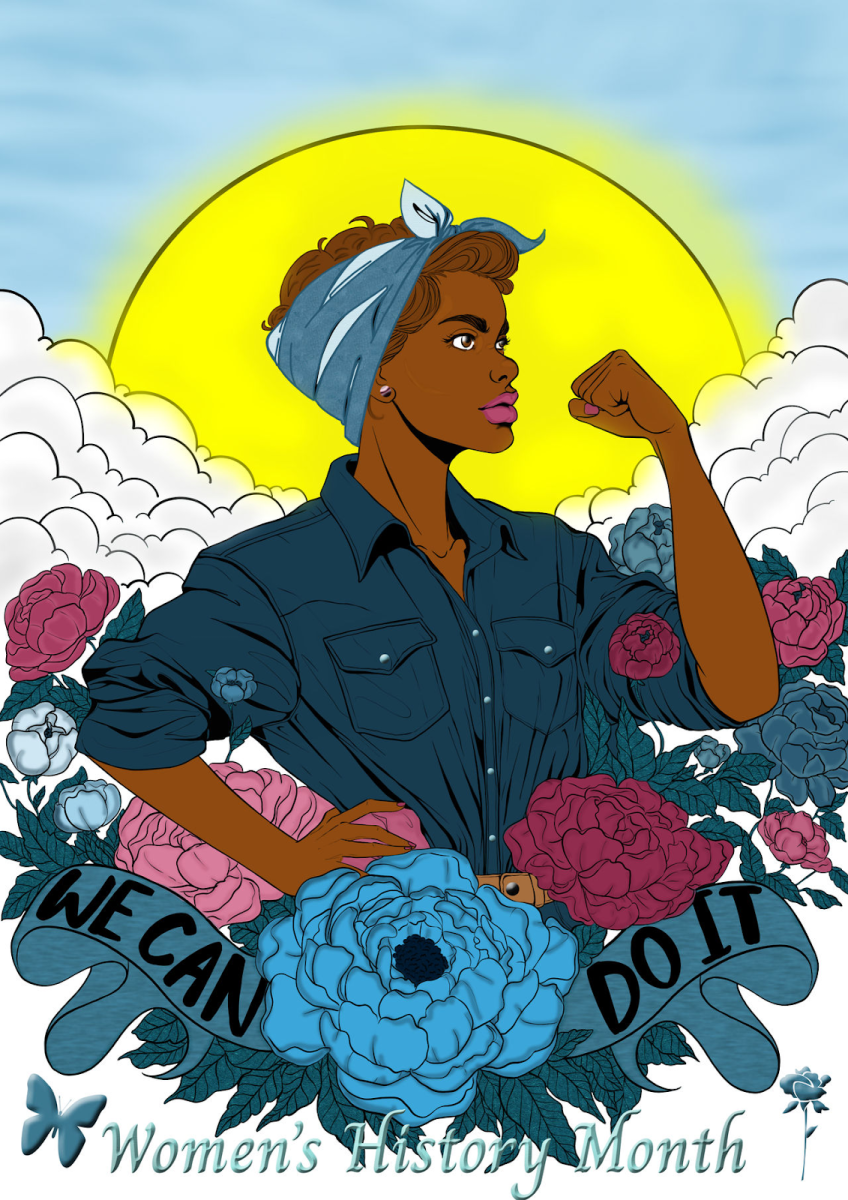The Importance of the Background of Black History Month

February 13, 2023
The History & Importance Of Black History Month
Black History Month celebrates many achievements by African Americans and is a time for recognizing the main role of American History and wealth.
The root of Black History Month began in September 1915, which was about 15 years after the 13th Amendment abolished slavery in the United States. A Harvard-trained historian, Carter G. Woodson, and the prominent minister, Jesse E. Moorland, founded the Association for the Study of Negro Life and History (ASNLH), which is an organization dedicated to researching and promoting achievements by Black Americans and other peoples of African descent. The group later sponsored a national Negro History week in 1926, choosing the 2nd week of February to coincide with the birthdays of Abraham Lincoln & Frederick Douglass. This event inspired schools and communities worldwide to organize celebrations, and establish history clubs and host performances and lectures. By the late 1960s, because of the civil rights movement and more of an awareness of Black identity, “Negro History Week” had evolved into Black History Month on many college campuses. Sooner or later, President Gerald Ford officially recognized Black History Month in 1976, calling out to the public to “seize the opportunity to honor the too-often neglected accomplishments of Black Americans in every area of endeavor throughout our history.”
For many Black Americans, Black History Month Celebration offers an opportunity to reimagine what possibilities lie ahead, and to learn more about their histories and where they come from. Dr. Montia D Gardner says, “It has always been my favorite month of the year bc/ we get to celebrate amazing things that have happened on this continent.” Black History Month encourages and motivates her to be the best for herself and her culture. She wants to be an amazing influence so one day we will learn about her and each of us should desire to contribute to what the world wants to offer. It’s important when she recharges from the tare downs of the world when you learn about yourself and people it encourages you to do your best.
Sean Mills, a Ph.D. in AAH, says that it helps him to understand the world and community around him. If he doesn’t understand the history of oppression, slavery, and political decisions then he doesn’t know those important advancements throughout history. When you understand history the US government says we live in “the ghetto or we’re economically challenged” if you don’t understand the history, it helps explain why things are the way things are, and then we’re able to change. Sean also says, “Make sure to have history from multiple perspectives,if not then it’s hard to understand why things are the way they are.”
Why it’s important to know your history:
Black History Month is a time where others can learn to embrace their cultures.
A close friend of mine who lives in Cali says that knowing where she comes from and knowing certain things when she is around Mongolians (mom is Mongolian) or Jamaicans (dad is Afro-Jamaican) makes her feel like she is home.
“Black History is the history of who we are in the world. It gives insight to other cultures & countries about what happens when a group of people are oppressed, and its impact,” Dr. Gardner says.
Sean says, “The racism and oppression that African Americans experienced that all black people went through, the history might be different but they’re interconnected because it’s not just about what Jamaicans or Africans went through. There was slavery and it was all part of the same system. If we can’t see how they are connected and how they evolved differently, they can all be traced back to transportations of Africans and Caribbeans to America happening at the same time.”
How schools can better represent & support Black History Month:
Every month schools around the world and even in other countries, including Canada and the United Kingdom, devote a month to celebrating Black history.
Dr. Gardner says, “We need teachers to find comfort with the subject and they need to be intentional. It should be incorporated in world history, and shouldn’t be separate, it should be woven into it.” He also says, “There is a lot more than MLK. Black history is deep, rich, and strong. It should be celebrated 365 days of the year. We try to accomplish it in 28 days and it should be incorporated into American history. It should not take over a year to uncover and take a deep dive into African American History.”
Sean agrees, saying, “Even starting off as early as elementary school, what’s the default of teaching it? You’re not teaching black history, you’re creating an unreal history. The default history you’re learning is World History. American history isn’t just about white people indigenous Asian, Indian, and Africans seeking good things. We have to get out of the mindset that American history is not white history. Black history month should be and will be around as long as there are inequalities and injustice. If we get to a time when the governor in FL banned Ap AAH, to him most schools don’t do a good job of teaching. If there was any hope of being exposed it would happen in an advanced high school class.”
My friend feels like “the term black history isn’t accurate, because “black history” is American history. We’ve improved in not denying black history, but it seems like teachers are forced to have to teach it.” In previous years, her school hasn’t been as good at recognizing it, especially when we have the potential and the resources to teach Black History and celebrate it.” She also says, “When we teach and humanize it as they do with American history because they only talk about African American history and their struggles, but then they humanize white people about all their struggles, we should teach and humanize African American History.”
As a closing thought, my friend says, “Make sure to have history from multiple perspectives; if you don’t then it’s hard to understand why things are the way they are.”














































